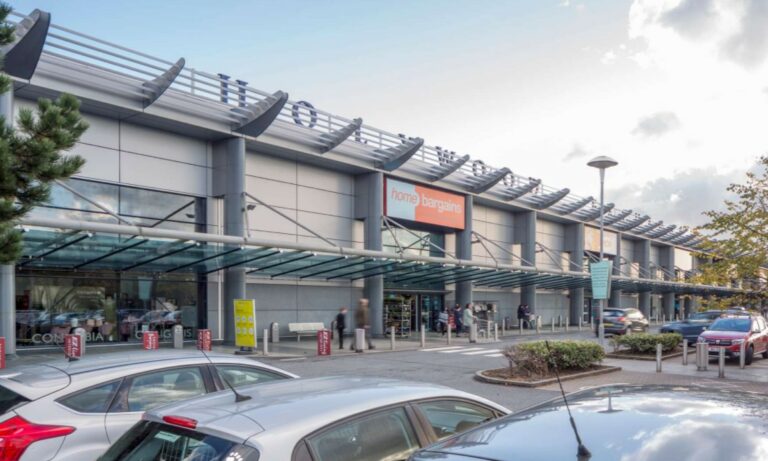Savills breaks down the retail market in Northern Ireland
Savills recently published its Spotlight: Northern Ireland report, breaking down the economic activity in the region in 2020, and why 2021 will be shaped primarily by Brexit, the acceleration of structural change in the retail sector, and the pandemic.
The property agent predicts that Brexit will continue to have a profound effect on the future of Northern Ireland long after the virus has passed, as freedom of movement of people and goods across the Irish border remain of paramount importance, both economically in terms of Northern Ireland’s trading links with the South and politically in terms of the Good Friday Agreement.
The country’s unique position of being within the UK and the EU single market for goods is positive news for foreign direct investment, as well as offering opportunities to substitute domestic goods for some goods which face new administrative burdens entering the North.
Savills says that the ongoing structural change in retail combined with Brexit effects will likely lead to substantial changes to distribution networks, although Amazon’s proposed new fulfilment centre outside Dublin could help Amazon bypass Brexit delays and speed up deliveries to Irish customers on both sides of the border.
The report examined how pandemic accelerated change in the country’s retail sector, showing that online sales spiked during the first lockdown, briefly accounting for one third of all UK retail sales. When lockdown measures have finally eased, GlobalData forecasts that internet retailing will settle somewhere between pre-Covid and peak lockdown levels, at around 23% likely by the end of 2021, up from 19% in 2019.
Physical retail will continue to have its place in the region, particularly supermarkets and grocery-anchored retail. Discounters such as Lidl were considered essential and traded throughout the lockdown, potentially encouraging them to grow their footprint.
For many destinations, Savills anticipates physical retail taking on new forms such as being consumer hubs that offer more than just shopping, possibly meeting other needs, such as health, education and wellbeing. It also highlights the demand for new retail concepts that fit with evolved consumer preferences and dynamic, mixed-use retail spaces can thrive, with education and senior living expected to form part of the future mix.
Repurposing surplus shopping centre storage space into self-storage or bringing NHS uses into shopping centres, making them a new form of anchor tenant bringing additional visitors to that location are also anticipated as possible uses for vacant units, according to the report.
Savills expects that the changing role of physical retail space may reduce revenue per square foot which could lead to shorter lease lengths and increasing use of hybrid leases, where the rent payable is a function of the turnover or profit the shop achieves.
The report concluded: “Overall, 2020 was a challenging year for commercial real estate in Northern Ireland. Savills projects that the retail sector will continue to adjust to profound structural change and will emerge from 2021 in a stronger position.”
This was first published in Retail Destination Fortnightly. Click here to subscribe.


